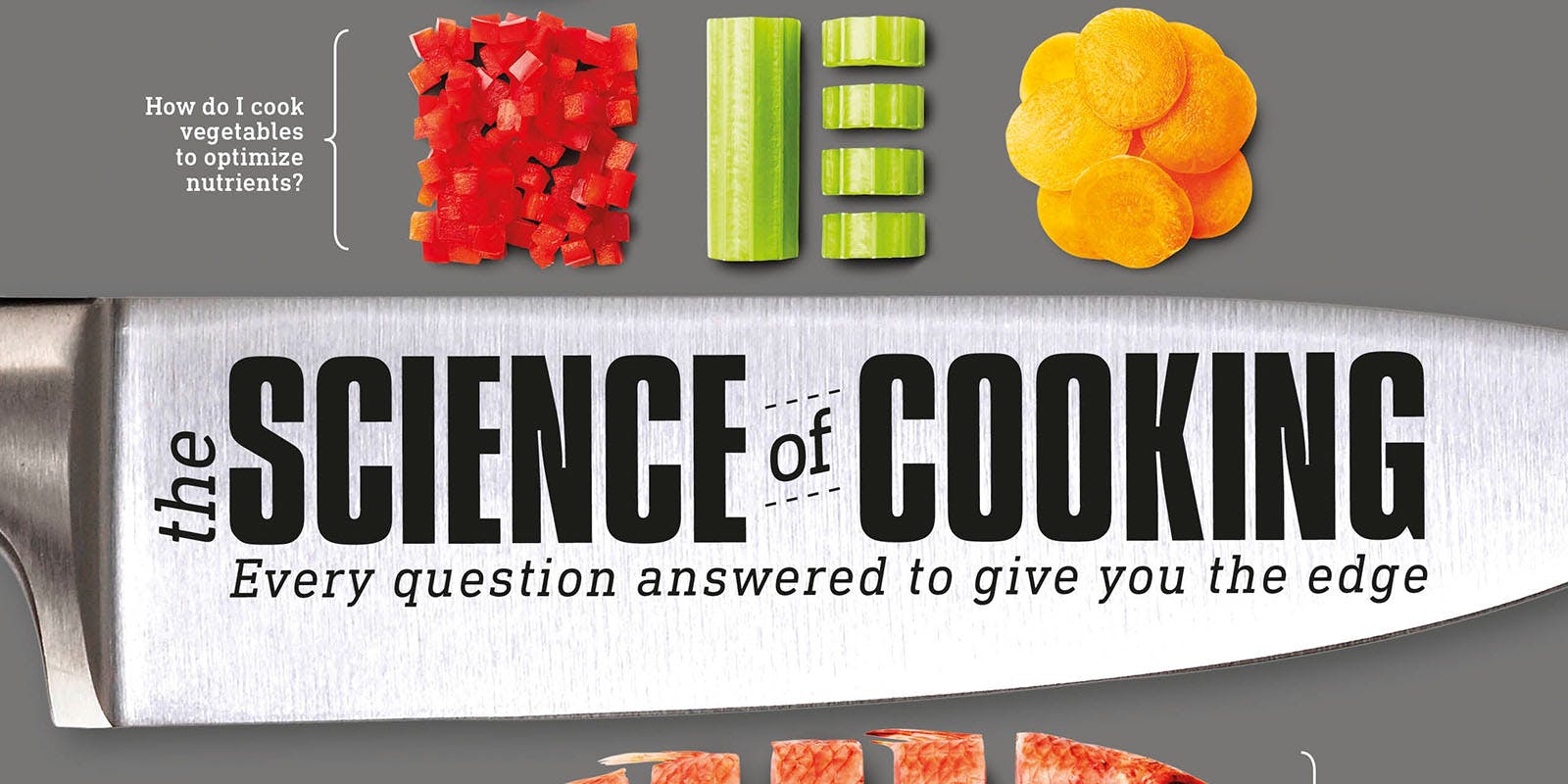Common kitchen myths debunked.
The kitchen is full of tiny rituals, trusted tricks and myths passed down through generations. As Dr. Stuart Farrimond explains below, however, much of this accepted kitchen wisdom may really be leading us astray! Which of our cooking rituals are robbing us of taste, and how can we change them?
Read on as the expert food scientist and The Science of Cooking author separates the truth from the trickery, and explains how to embrace simple food science as part of your cooking routine.
By Dr. Stuart Farrimond
Pasta Down Through Generations
We all have those moments of panic in the kitchen – the pots are bubbling and there are mouth-watering aromas of sizzling onions and garlic in the air… but the guests are due in fifteen minutes and suddenly pangs of self-doubt strike.
Did I forget to salt the pasta water? Will my pasta now turn out undercooked? Should I have listened to Mama, and dolloped in some extra virgin olive oil to stop the pasta sticking? Was I right to opt for pasta shells rather than penne tubes?
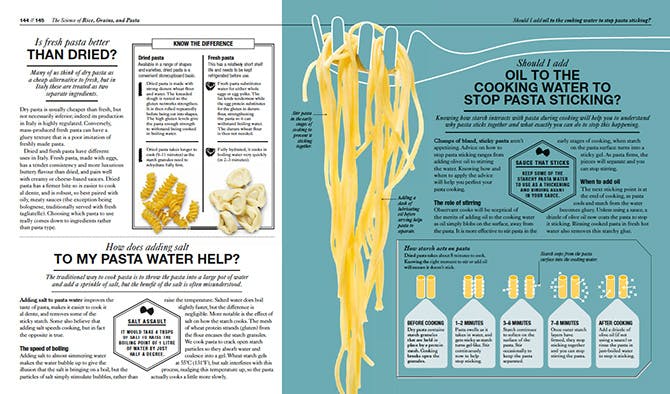
Such dilemmas are common, and most cooks blindly follow the instructions of cookbooks and celebrity chefs, or stick to culinary wisdom that has been passed down from relatives. As both a cook and a scientist, I have learnt that even the greatest gastronomic authority is often wrong, or if it is right, it’s right for the wrong reasons! In fact, there are more cookery mythologies than there are varieties of cabbage.
Any of these adages sound familiar?
“Resting meat lets it relax”
“Opening the oven door spells death to a soufflé”
“Cooked mussels are only safe to eat when they’re open”
“Steaming is faster than boiling”
“Flambéing burns off all the alcohol”
“Beer is a great antidote for quenching a fiery curry”
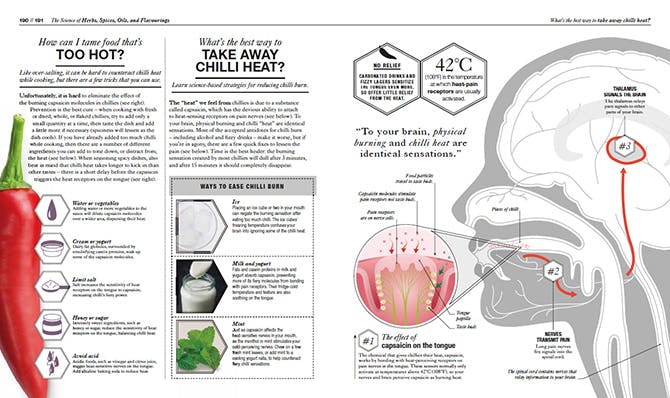
Alas, they’re all baloney! Not to fear, though. If we stay curious when we cook, and take a sip of some science, we can improve our cooking smarts, and confidently solve every culinary conundrum you care to shake a spatula at.
So, where to start?
Sieving the Truth from the Fiction (with science!)
In The Science of Cooking, I reveal the magic of cooking with some science know-how, answering 160 of the most popular cooking questions.
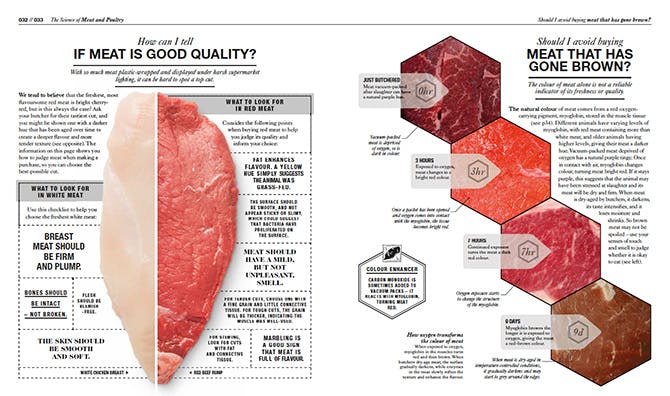
We should no longer need to think of food science as a bookish pursuit, but as a way of birthing newfound wonder for the everyday miracles that happen on the stove and in the mixing bowl.
With the aid of a microscope, we can see how a whisk transforms the yellowish slime of egg white into a snow-white cotton-wool meringue. A sprinkle of chemistry lets us appreciate how a hot grill will turn a bland, chewy hunk of flesh into an aromatic, meaty delight. A thermal camera shows how heat moves around an oven so that we can forevermore banish soggy-bottomed pies from our repertoire.
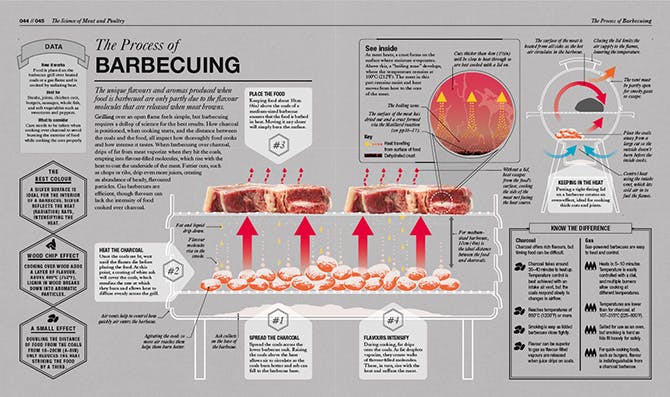
How, then, can we take this appreciation for science, and turn it into some seriously delicious dishes?
Science, Sautéed
With a little know-how about the workings of the body, we can understand taste as a multisensory experience that the cook can manipulate to make great food even more delicious. From salt curing to smoking to sous vide cooking to searing on crispy fish skin, I offer handy a selection of step-by-step guides to help you master some great skills without needing to buy expensive equipment.
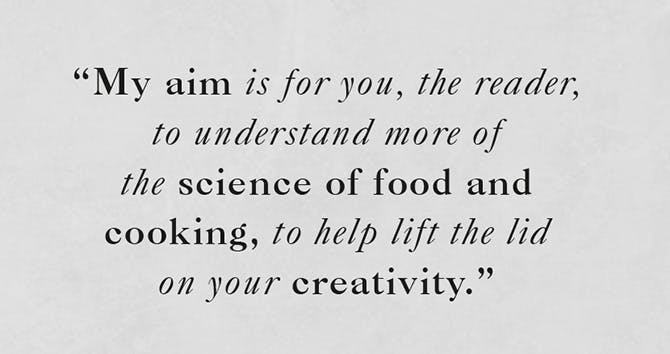
Above all else, I want you, dear reader, to use the science of food and cooking to help lift the lid on your creativity. No longer shackled by the rules of a recipe, us cooks can use science to invent dishes and experiment. I sincerely hope that by dipping into this book, you will be inspired and equipped to cook in a new way that will both delight and surprise.
